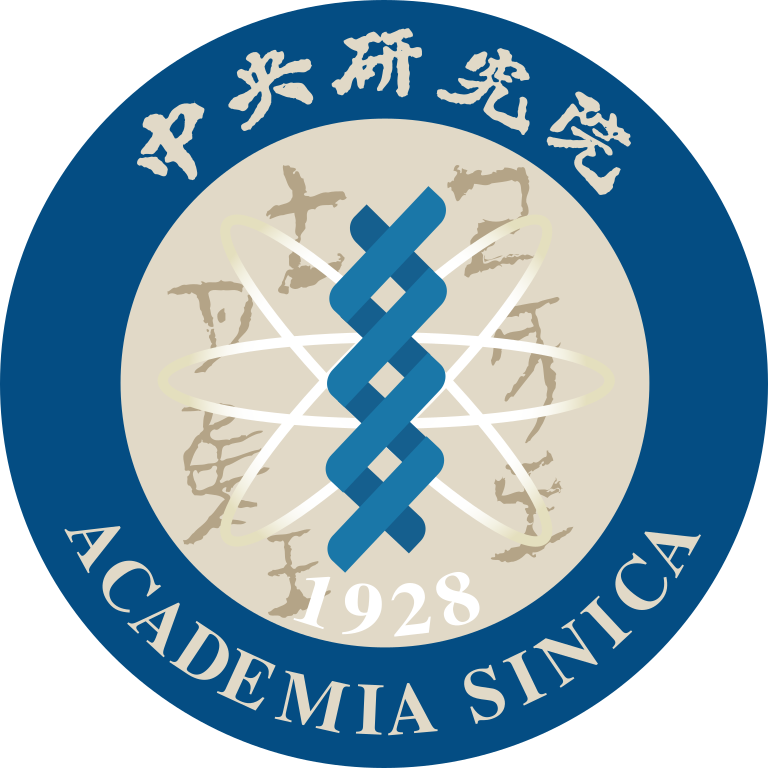Frequently Asked Questions for prospective students
Q1: What kind of fellowship will I receive if I'm successful in admissions? What is the value of the fellowship?
Every TIGP student receives a full fellowship (through Academia Sinica) for up to three years. In subsequent years, financial support will come from the thesis advisor. Specifically, once admitted, TIGP candidates receive a stipend of NT$34,000/month (approx. USD1,130) for the first year. For students who perform well, this stipend will be extended for a further 2 to 3 years. After the stipend allowance period, further financial support is dependent upon individual thesis advisors.
Q2: How much are the tuition and credit fees?
Payment of tuition fees is due upon registration each semester. Tuition amounts vary among partner universities. For more information, please get in touch with your program of interest. On arriving at Academia Sinica, students will also face reasonable living and housing costs.
Q3: Do I need to find an advisor in advance to be admitted?
Each year, applications are collected for evaluation by a group of professors/research fellows, so one-on-one advisorship is usually not compulsory for most programs.
Q4: How soon can I choose an advisor?
All students are required to select a thesis advisor before the end of the first year of study.
Q5: When and how can I apply?
You can apply to TIGP from November to February each year through https://tigp.apps.sinica.edu.tw/index.php. Students who get admitted will be enrolled in the subsequent fall semester.
Q6: Is there an application fee?
TIGP requires no application fee.
Q7: What type of degree should I have to be eligible to apply?
A candidate with a bachelor's (BS) and master's (MS) degree or a candidate with a bachelor's (BS) or master's (MS) degree is eligible to apply. While most TIGP programs/partner universities in TIGP do accept applicants with only a BS degree, applicants are strongly advised to confirm the detailed requirements with the program of your interest.
Q8: Can I apply as a fourth-year undergraduate student/BS degree holder?
If you are currently a student who will graduate soon, please choose the "will be obtained" option in the Education Background section and fill in the expected month/year to obtain your diploma/degree certificate. Once you are conferred the diploma/degree, we would strongly suggest that you submit an electronic scanned file of the diploma to your program's secretary as soon as possible to complement your application.
Q9: Do criteria for admission vary from program to program?
Yes. Programs may differ in their standardized test score requirements (English proficiency; GRE subject exam scores) and other detailed criteria. You should check out the program's website for program-specific needs as you prepare your application.
Q10: How much research experience do I need?
There is no set requirement for research experience. In some cases, demonstrated research experience (e.g., in publications or other supporting documentation) might serve to strengthen a candidate's application profile.
Q11: My bachelor's/ master's program was in English. Can I be exempted from the English proficiency test score requirement?
English proficiency test can be exempted for applicants who graduated from universities where English is the primary language of instruction if the applicant provides an official certification issued by the university's register office. However, the exemption eligibility is subject to each program. The program's admission committee reserves the right to request the applicant submit an English proficiency test score (TOEFL or IELTS) should the committee assess that a test score is necessary for evaluation.
